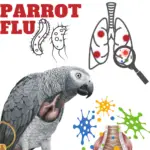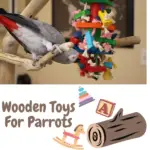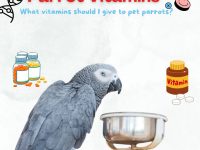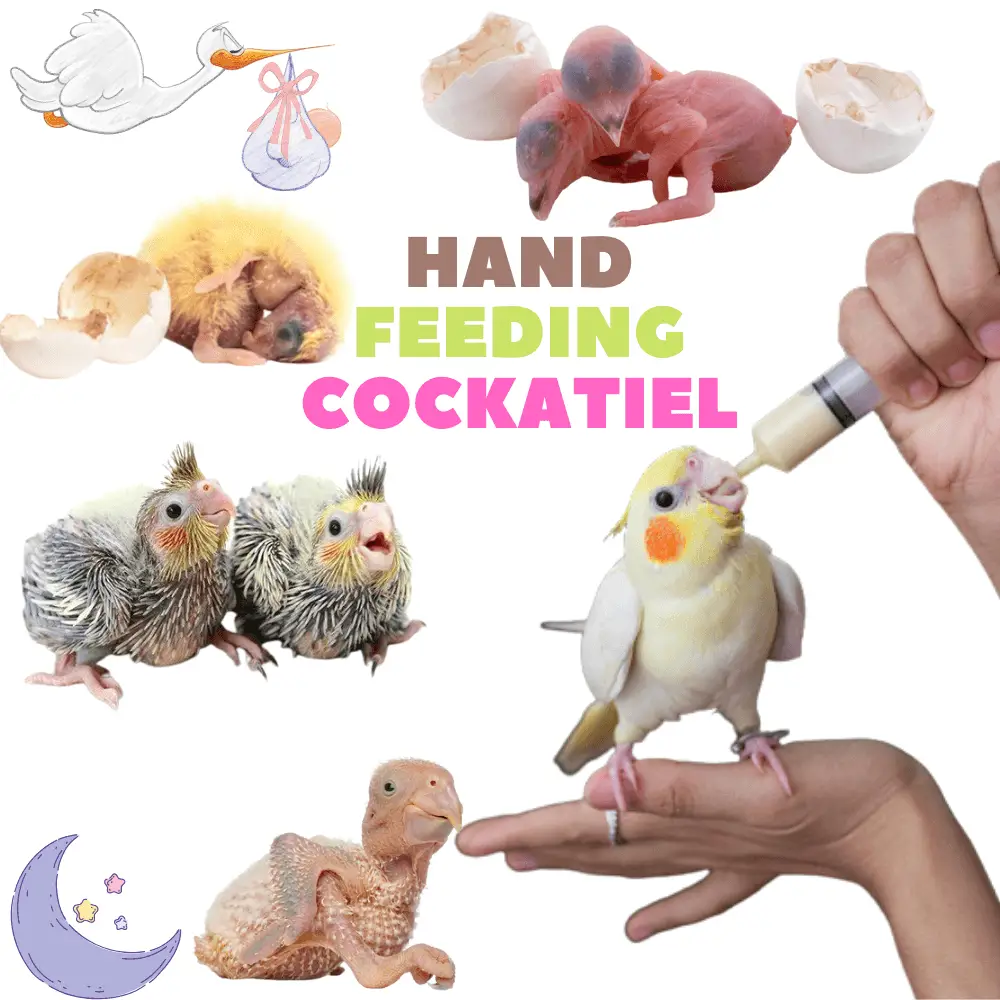
Humans have kept parrots as pets for hundreds of years, and these birds came straight from their natural habitat. Can we sincerely believe that during all these years, no beautiful human/parrot bond has developed? It would be very fanciful to believe it.
Hand-feeding baby cockatiels from 2 hours old to 2 weeks old
SOURCE:Bird Squawk
The difference with today is that they took the time to tame them, their parrots. Besides, what does “tame” mean exactly? Our friend Larousse answers it in these terms: “from the Latin privatus, domestic. Make less savage, make more docile, more sociable”. Obviously, making a wild animal more docile and more sociable takes time, patience, and effort. But isn’t that also the most rewarding thing? Would we have wanted to cut this process short by inventing hand-feeding cockatiel? Perhaps.
Hand fed. This practice appeared only twenty years ago. And today, it is the characteristic par excellence, the supreme qualifier that we look for when we want to get a pet bird. Hand fed, it is almost the guarantee of a domesticated bird, friendly, confident, and which will quickly become attached to its new family. In short, it’s very selling and it even seems true in most cases. But it is clear that many human “good ideas” have led to distressing side effects. What could they possibly be with the parrots?
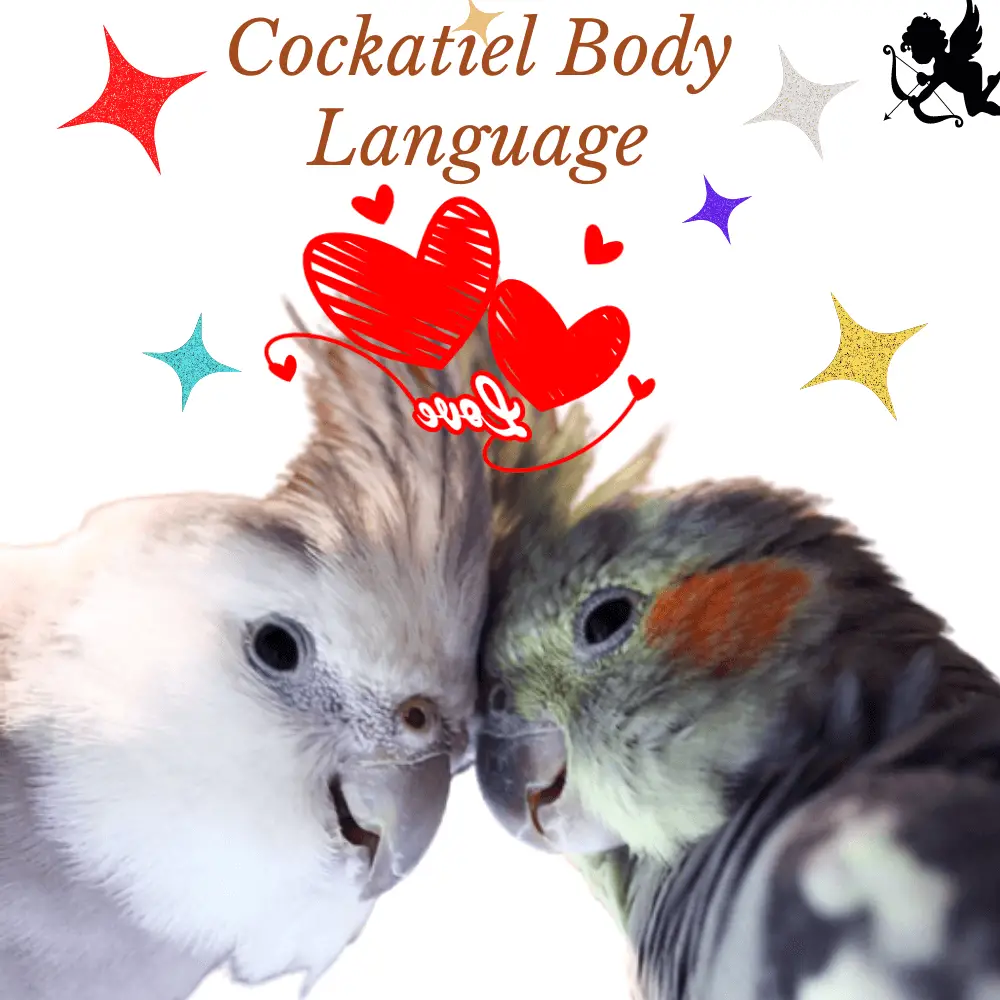
hand fed cockatiels for sale near me
Does the expression “imbued with humans” mean anything to you? Le Larousse defines “to impregnate” in these terms: “To penetrate in a deep way, by speaking of an influence”. You surely know the story of young Tarzan, raised from an early age by gorillas. Movies and cartoons based on this story make people smile. But Tarzan was distraught. He wanted to be like his family ( it should have been) but didn’t understand why it was different. He might have gone mad if Jane hadn’t arrived… The fate of wild animals imbued with humans is much sadder.
The influence of men is so deeply ingrained that they no longer act as their species demands of them. Talk to Mr. Guy Fitzgérald, founder of UQROP ( Quebec Union for the Rehabilitation of Birds of Prey). Its center is filled with raptors imbued with humans.
People picked them up as babies, and wanting to do the right thing, took care of them as best they could. Now, these birds think they are humans and don’t know how to feed, breed, or protect themselves from predators (that’s right, raptors don’t really have predators, but they’re not the only animals to be imbued with humans). They, therefore, use these birds of prey as ambassadors in schools and zoos, because they cannot be returned to nature.
Hand fed cockatiels for sale near me
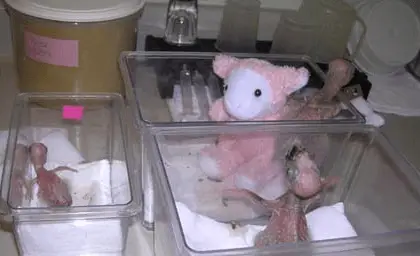
In light of these facts, don’t you find that hand-feeding baby bird is a lot like impregnating humans? ( systematized impregnation as Johanne says ). Parrot babies are taken out of the nest from an early age ( even in the egg, sometimes) to, they say, get them used to humans, to trust them, to make excellent companions, etc. In short, it’s full of good… human intentions.
But what do parrots really give them? Being surrounded by humans from their earliest memories, it is a little normal that they think of themselves as such, too. And since they are not treated as humans, well it is the confusion, what!
The question, therefore, arises: by thus depriving them of the school of their species, are we not running towards long-term disillusion? For them and for us? Come to think of it, she may already be starting. Don’t we see lots of birds that behave strangely, that look down, that are depressed, after being abandoned, because they were “not nice” … ), etc.?
Besides, if this way of doing things is so great, why haven’t we used it with our dogs? Because people have realized that there is a basic time to be observed before separating the puppies from their mother. Otherwise, we expose ourselves to different behavioral problems and neuroses.
So what do conscientious breeders do? They pick up baby dogs and talk to them, stroke them and make them see all kinds of things, and people, and hear all kinds of sounds to socialize them well. Because it’s true that early socialization is important. She scores for life. As much for our 4-legged companions as for our dear parrots.
This is why it is so important to stop and think about it for a few moments and maybe a little more … A well-socialized parrot will be friendly and attached to people who will show him respect and who will show him how to do it in an environment. human. Does this mean that they should be left with their parents only? Not necessarily.
A dual education method has been tried with good results at the Psittacine Research Project Center at UC Davis. ( A dual education method has been tried with good results at the Psittacine Research Project Center at UC Davis. ( A dual education method has been tried with good results at the Psittacine Research Project Center at UC Davis. (JR Milliam, Ph.D., Proceedings of the Second Parrot Biology Symposium for Aviculturists, 1995 ).
Hand fed cockatiels for sale near me
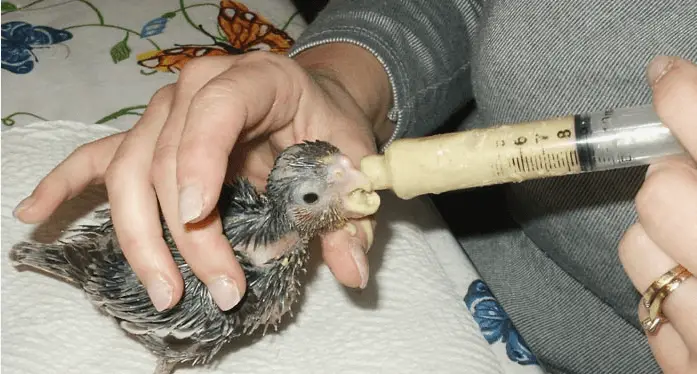
To sum up their method, the young amazons with orange wings stayed in the nest with their parents. The chicks were gently handled each day for 15 to 30 minutes from day 12.
These sessions continued like this until their full plumage and twice a week thereafter. The results? Young Amazon Parrot was adopted as companions who behaved like hand-fed Amazons. Great, right ?! Parrots are comfortable with people, but who knew who they were. So, happy birds that feel good about themselves. The other advantages? Yes, yes there are others: it is less tiring for breeders ( think about it, feed day and night from daytime1, not to mention the many dangers to be avoided), parrot parents who are happy to fulfill their role to the full ( they are their babies, after all, they would like to take care of them a little, all the same, instead of laying and re-laying ) and larger chicks and healthier than hand-fed ones ( yes, it’s proven ). In short, everyone is happy! And in the long term too!
Everyone knows that parrots are awfully intelligent animals. This is also one of the reasons that make us love them so much. And if we love them, we want them to be happy. A happy parrot is one who feels good about himself because he knows he is a bird and that is why he cannot do everything like humans.
A happy parrot is well surrounded by affection, respect, and simple, but constant rules. And you don’t have to be hand-fed for that. Nature usually does its job well. It’s up to us to take the time to tame it to get to know it better, parrots included.
* This text is not intended to denigrate, judge or hurt anyone. It is rather the fruit of a reflection that I wanted to share with you, parrot enthusiasts and enthusiasts.
Hand feeding baby cockatiels from 2 hours old to 2 weeks old

